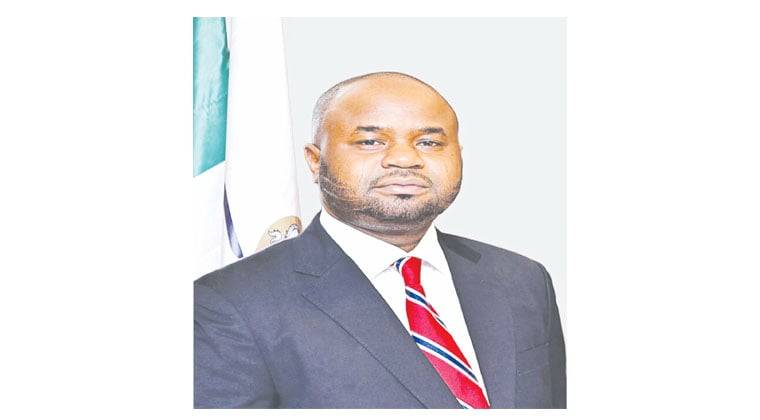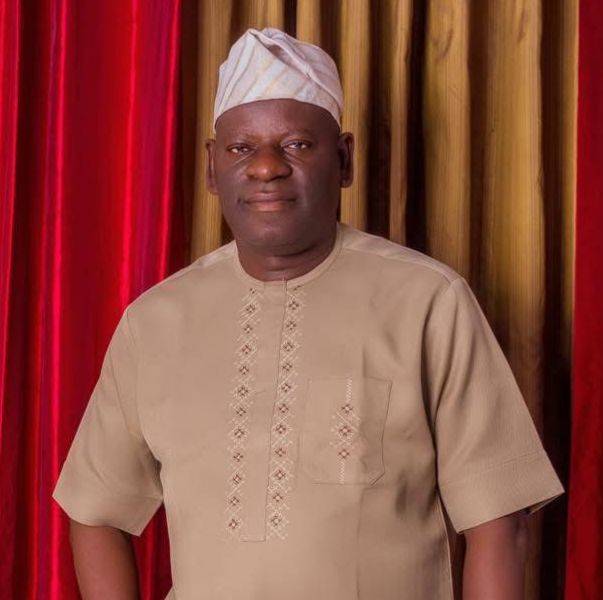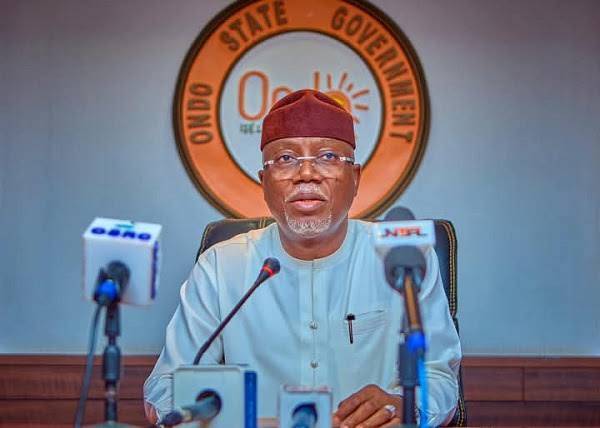I’ve always appreciated the value of mentorship programs, but their value really came home to me one night over veal chops washed down with a bottle of Cabernet. It made such an impression on me and had such a profound impact on my life that I vividly remember everything about that night in the Georgetown area of Washington, DC with the man who would become my greatest mentor.
It was early in my career. I was sales director, and I’d spent the day running sales calls with the company head of operations, John Covilli, a much more seasoned business executive. I knew I could learn a lot from his experience and success, so over a business dinner, I asked him a question I’d asked others without getting a satisfactory response: “What’s the secret sauce? What makes the difference in sales and leadership between being average and being super successful? I can’t figure it out.”
John took a sip of his wine, looked straight at me, and said, “It’s the insatiable appetite of curiosity.”
He went on to say that you need to be curious about the people around you, whether they’re your colleagues, employees or clients. Engage with them. Find out what’s going on in their lives and what makes them tick. Because it shows people that you care and that you’re interested in them as individuals.
In that moment, my approach to sales, client relationships and leadership shifted on a dime. I quit living in what was in my interest—my commission and my paycheck—and instead focused on other people’s interests and on bearing in mind what would be to their benefit. It’s a vital piece of advice that, in my work as a culture change consultant, I share with companies in various industries.
The bottom line of this story is the value of finding a true mentor like John. A recent study conducted by mentoring services company MentorcliQ provides some statistical backup: It found that 84% of U. S. Fortune 500 companies and 100% of U.S. Fortune 50 companies believe so much in the strategy that they have formal mentoring programs. Furthermore, in the 2022 L&D Social Sentiment Survey, carried out by Donald H. Taylor, mentoring displayed the largest rank increase of any strategy, rising from #6 to #4 on their list.
The financial benefit of mentoring? According to one report, “companies with mentoring programs had profits that were 18% better than average, while those without mentoring programs had profits that were 45% worse than the average.” Mentoring is a proven approach when it comes to tackling one of the biggest challenges businesses face today: attracting, developing and retaining talent.
Multiple studies highlight the value of mentoring in retaining employees. An earlier Deloitte study, for instance, found that 81% of Millennials remain with a company for five years or more when they have a mentor. I see these benefits all the time in my own company and in other companies that I work with.
When it comes to creating a culture of mentorship, there are several effective methods. I recommend pairing up-and-coming individuals with more seasoned employees who have the desired experiences and skill sets. But those aren’t the only ones who need mentoring. During the onboarding process, connect the new employee with a suitable mentor to steer them through the unwritten rules and help them understand your organizational culture. It can considerably accelerate the adjustment period. And while mentorship is traditionally a one-on-one endeavor, you might also consider group mentoring, in which an experienced individual mentors a team so they are all on the same page.
Also, remember that mentors may well need mentors of their own. It doesn’t matter how far you climb up the hierarchy—mentorship can have a profound impact on senior executives. I have increasingly found in my own company that the most successful members of the management team are those who embrace personal coaching and mentorship.
Good mentorship programs significantly enhance employee retention and corporate growth. If you seek to incorporate mentorship into your company culture, I am confident you will see positive dividends.
Whenever I discuss mentorship, it brings back vivid memories of that dinner with my greatest mentor and his career-changing advice. Needless to say, I was more than happy to pick up the tab!
Culled from Forbes













